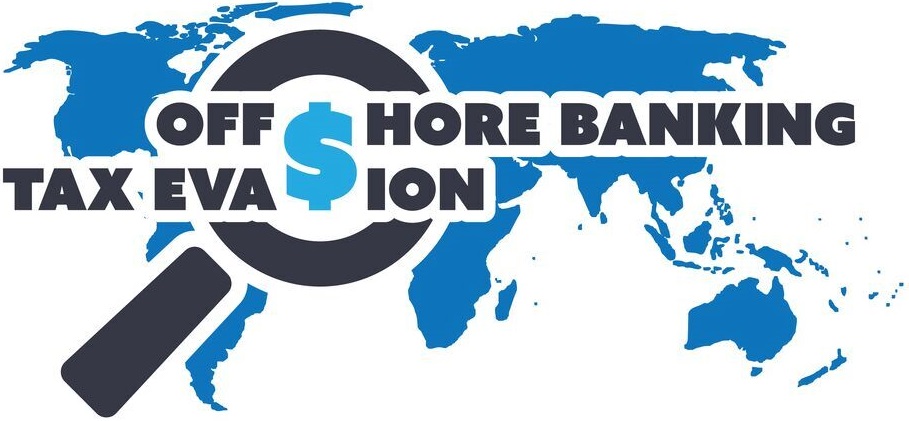
When you hear the term ͚offshore account͛, you probably get pictures of shady businessmen and illegal activities. If you are more into the matter, you may think about the Panama Paradise Papers which came out in 2015 and caused quite a stir in the financial world.
However, the reality of the situation is that offshore banking is an integral part of the world economy and that it has numerous purposes and benefits. If you aren͛t doing anything illegal with your money, it is perfectly fine to put your money on one of those accounts. However, there are a few things you need to know, which is why you should always have a good financial attorney at your disposal, preferably one with plenty of international experience, like https://brunorolaw.com/.
You Need to Disclose Your Account to the IRS
The Internal Revenue Service, or IRS for short, has been cracking down on the international incomes and bank accounts of its citizens, including expats. If they find that you have failed to disclose your offshore and foreign accounts, it is very likely that you will be tried for tax fraud or tax evasion and you may be facing some severe fines and even jail time.
Fortunately, there is a peaceful solution offered and that is OVDP or offshore voluntary disclosure program. Your attorney can help you set up the whole process and guide you through it all. There is a caveat, which is that you cannot currently be under audit or investigation by the IRS. Otherwise, it wouldn͛t be considered voluntary, but rather a coerced move on the taxpayer͛s behalf.
Tax Havens
The majority of offshore accounts in the world are situated in only a few countries. These countries have a few factors in common. First of all, they have a stable economy and political situation. Furthermore, the tax rate is low, significantly lower than in most other countries and finally, the government of these countries isn͛t too keen to divulge the information to foreign countries.
These factors make a country ideal for a tax haven. A lot of these countries are islands, like Seychelles, the Cayman Islands, but also countries like Switzerland and, lately, Panama. A lot of companies and individuals choose to relocate their income to these countries to reduce the amount of money they pay in taxes.
Why Do People Have Them
There are numerous reasons why someone would want to set up an offshore account, apart from paying a lot less tax in their native country. One of the primary reasons is that it gives you more freedom to invest in foreign interests and you can earn more interest depending on the bank you choose.
Some companies need to keep their supply and financial statuses secret in order to protect their business. This typically happens when a company wants to acquire another company but doesn͛t want to be overcharged and coerced into paying more just because they can.
Is It Complicated to Set Up
In the majority of cases, setting up an offshore account is very simple. All you need is a passport and a signed statement, but this can vary between banks and different offshore locations. However, if you want to set up shell corporations in order to really hide your income and other potentially shady practices, the process becomes more complicated, both in its legality and the difficulty of achieving.
As mentioned before, there is nothing illegal or wrong about having an offshore account. However, your native country and its tax agency need to know about it and the best way to give them this information willingly through a process like the Offshore Voluntary Disclosure Program, rather than being found out through an investigation or an audit.






